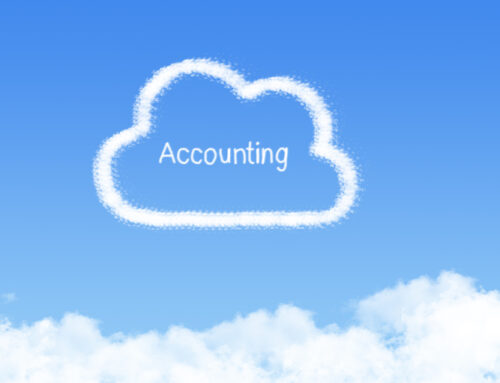Did you know the tax treatment of dividends and shareholder wages differs? In Canada, dividends are considered investment income, whereas wages are employment income and subject to payroll taxes. There are advantages and disadvantages to both.
In this blog post, we’ll explore the differences between dividends and wages, and help you decide which is better for you.
Dividends are payments made to shareholders of a company out of its profits. The amount you receive depends on the number of shares you own.
Wages, as you are probably already aware, are payments made to employees for their work. As a shareholder, you have some flexibility as to how you are paid (ie. dividends or wages).
Advantages of Dividends
Dividends offer a number of advantages to shareholders. First, they provide a way to receive income without having to sell shares. Second, they offer flexibility in how the dividends are paid.
Since dividends are paid based on the class of shares held by shareholders, not all classes of shares must receive a dividend. This allows for better tax planning. Third, dividends are often taxed at a lower rate than other forms of income once you factor in the dividend tax credit.
Disadvantages of Dividends
There are also some disadvantages to dividends. One is that they can be volatile. They can go up and down in value based on the performance of your company. This can make it difficult to plan for personal expenses which will be paid out of the income you receive as dividends.
During periods of financial distress, your company may not be able to pay any dividends. This can leave shareholders with no income at all. Dividends aren’t considered earned income which means they don’t increase the contribution room in your Registered Retirement Savings Plan (RRSP) the way wages do.
Advantages of Shareholder Wages
Wages are earned income which means when you are paid wages, you increase the amount you can contribute to your RRSP. This also means you can save for retirement in your RRSP and get a tax deduction.
When you take wages from your company, you are also contributing to the Canada Pension Plan by way of payroll deductions. This is another way of saving for your retirement. The more you contribute to the CPP as an employee, the more you will receive when you retire (up to a predetermined maximum).
Disadvantages of Shareholder Wages
The main disadvantage of wages is also one of their advantages: payroll taxes. Some people see payroll taxes as a negative. They reduce the amount of money employees take home compared to if they received equivalent amounts of cash as dividends.
True to many things in the tax world, the answer to whether dividends or wages is best is. . . it depends!
Overall, there are pros and cons associated with both dividends and wages paid to shareholders by Canadian corporations. It is important to weigh these carefully before making a decision about which option is right for you. To learn more or for help determining which strategy is best for you and your tax situation, get in touch with us by filling out this form.





